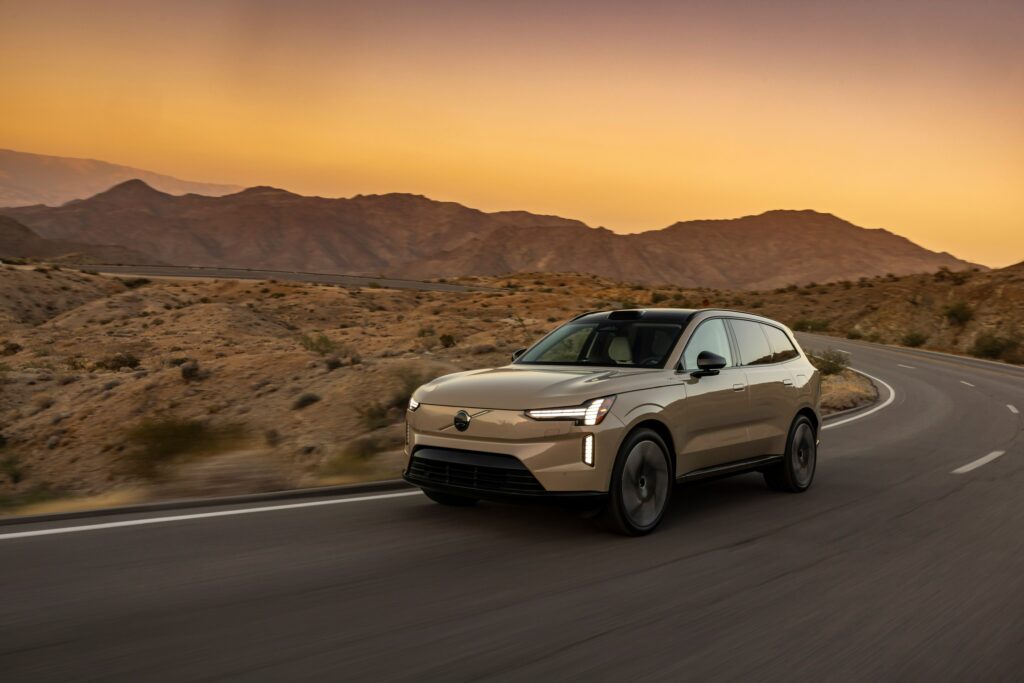
Volvo Cars (VOLCAR-B.ST), once at the forefront of the EV transition, has revised its ambitious goal of achieving a fully electric lineup by 2030.
Citing changing market dynamics and slower-than-anticipated consumer adoption, the Swedish automaker now aims for 90-100% of its global sales to be either fully electric or plug-in hybrids by the end of the decade. The remaining 10% will consist of mild hybrids, allowing more flexibility as markets and infrastructure catch up.
A Shift in Strategy
This adjustment aligns Volvo with other industry giants like Mercedes-Benz (MBG.DE) and Volkswagen (VOW.DE), who have also scaled back their electric vehicle (EV) targets.
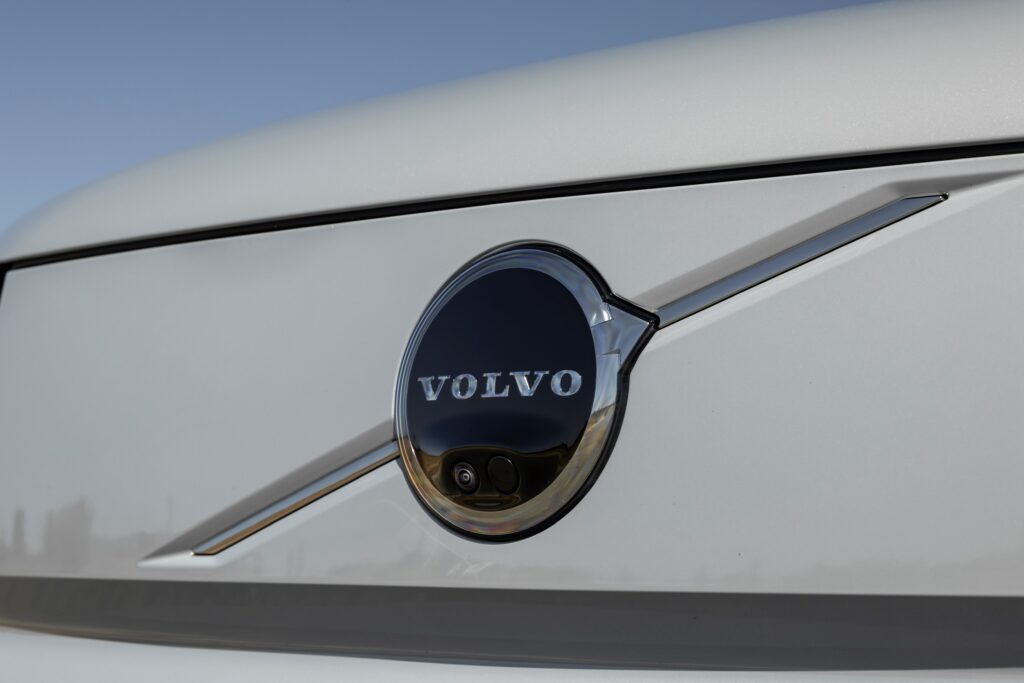
While Volvo remains committed to electrification, it recognizes that a completely linear transition isn’t feasible due to regional differences in charging infrastructure and the reduction of government incentives in certain areas.
Commitment to an Electric Future
Volvo CEO Jim Rowan reiterated the company’s long-term commitment to EVs, stating, “We are resolute in our belief that our future is electric.” However, he acknowledged that both consumers and markets are adopting EV technology at varying speeds.
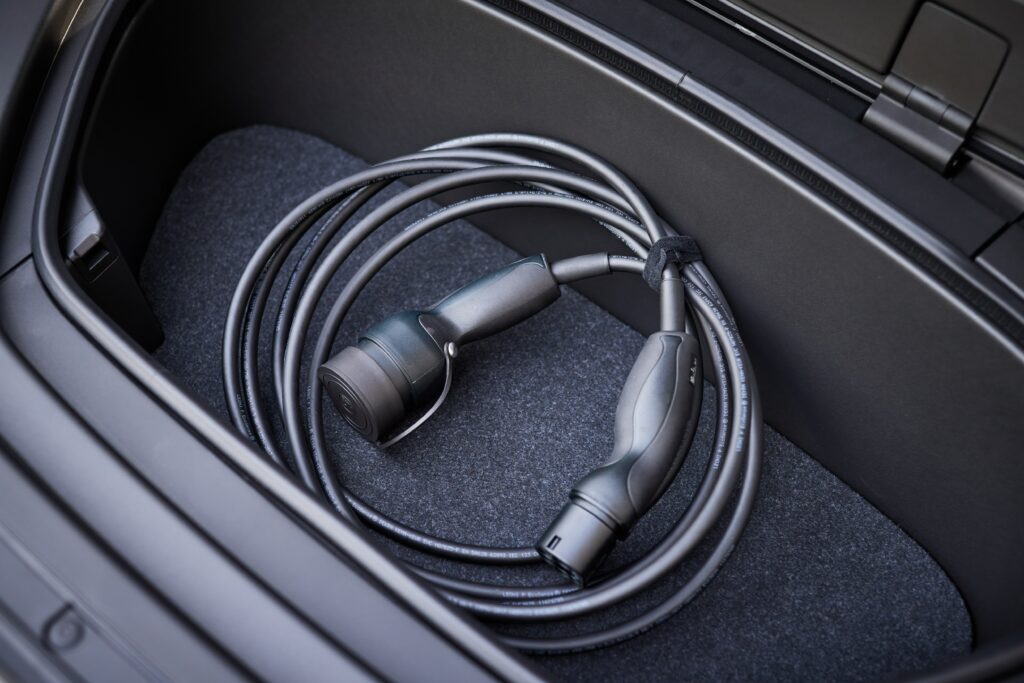
Despite this adjustment, Volvo continues to lead the industry in EV offerings, with fully electric vehicles already comprising 26% of its lineup in the second quarter of 2024—more than any of its premium competitors.
Hybrid Models Remain Key
While fully electric vehicles are central to Volvo’s strategy, hybrid technology will continue to play a crucial role.
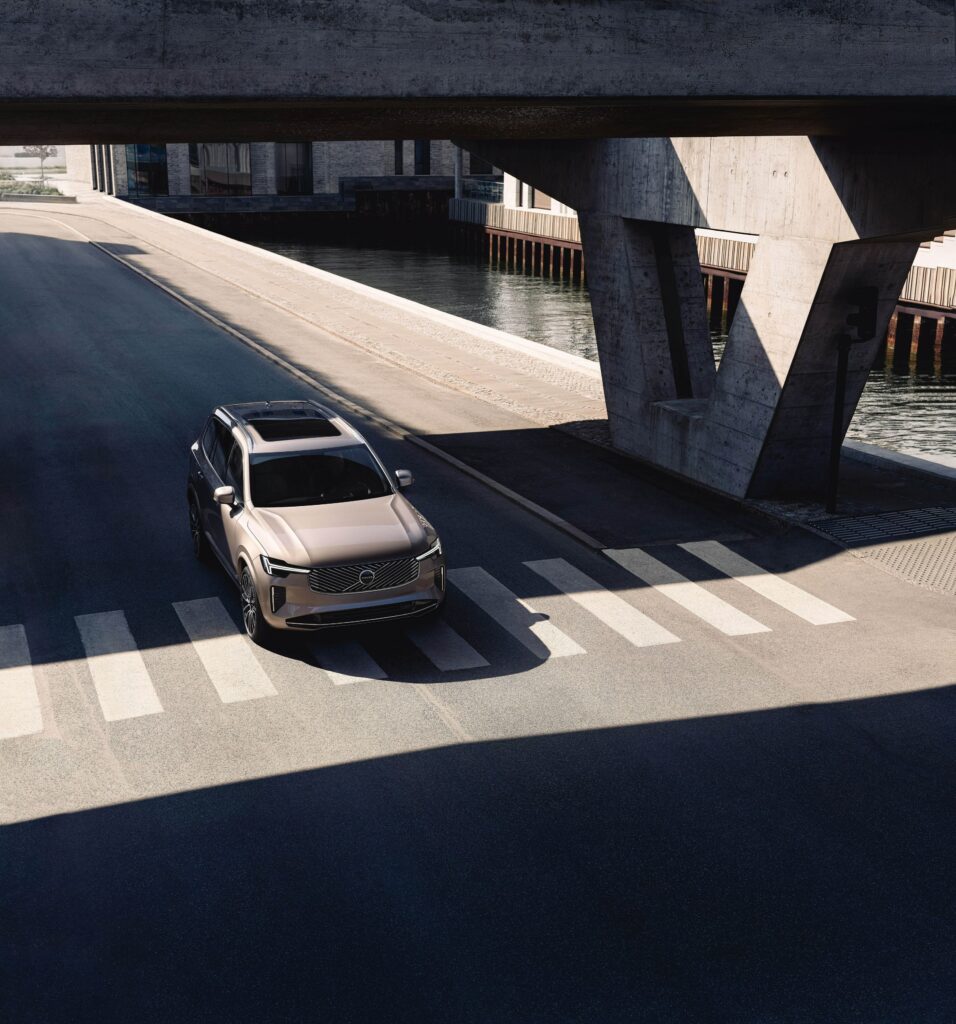
The automaker plans to revamp its popular hybrid models, such as the XC90, to meet ongoing consumer demand for more affordable electrified options.
Challenges Facing Global EV Adoption
Volvo’s revised goals reflect the broader challenges in the global EV market. Battery-powered cars remain significantly more expensive than traditional gasoline vehicles, contributing to a slowdown in demand, particularly in Europe.
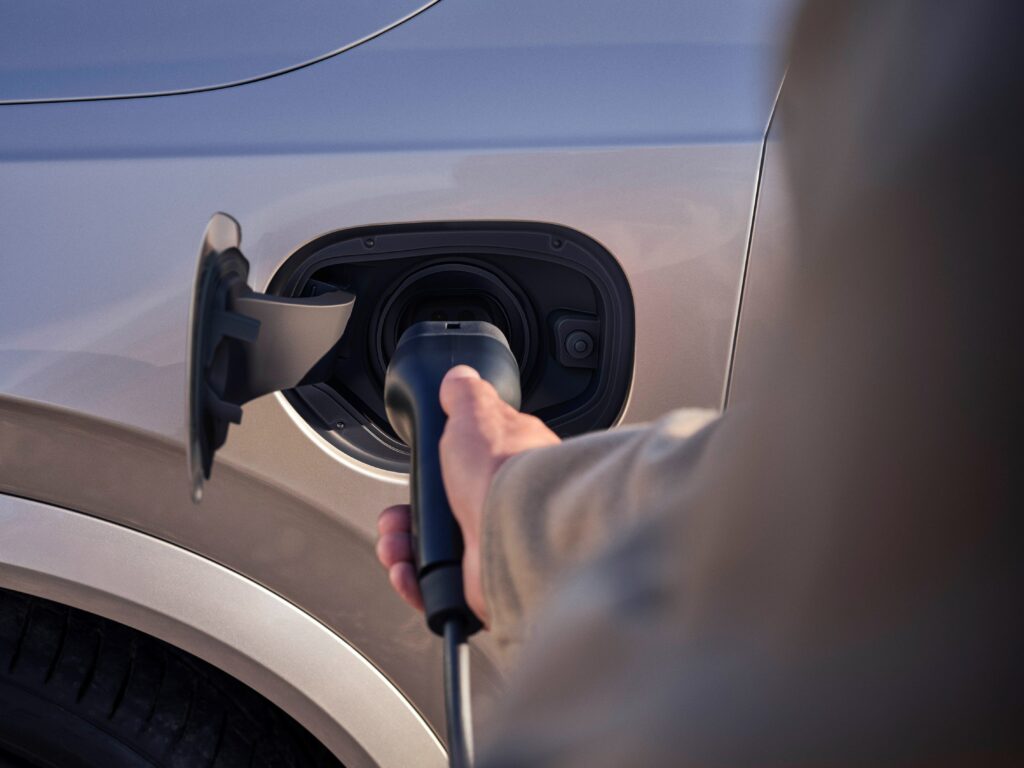
Volvo’s decision to delay its 100% EV lineup goal acknowledges these market realities while still promoting sustainability.
Preparing for Global Trade Shifts
With factories in China, Sweden, and Belgium and a new plant in Slovakia set to open in 2026, Volvo is positioning itself to navigate rising tariffs on Chinese-made EVs.
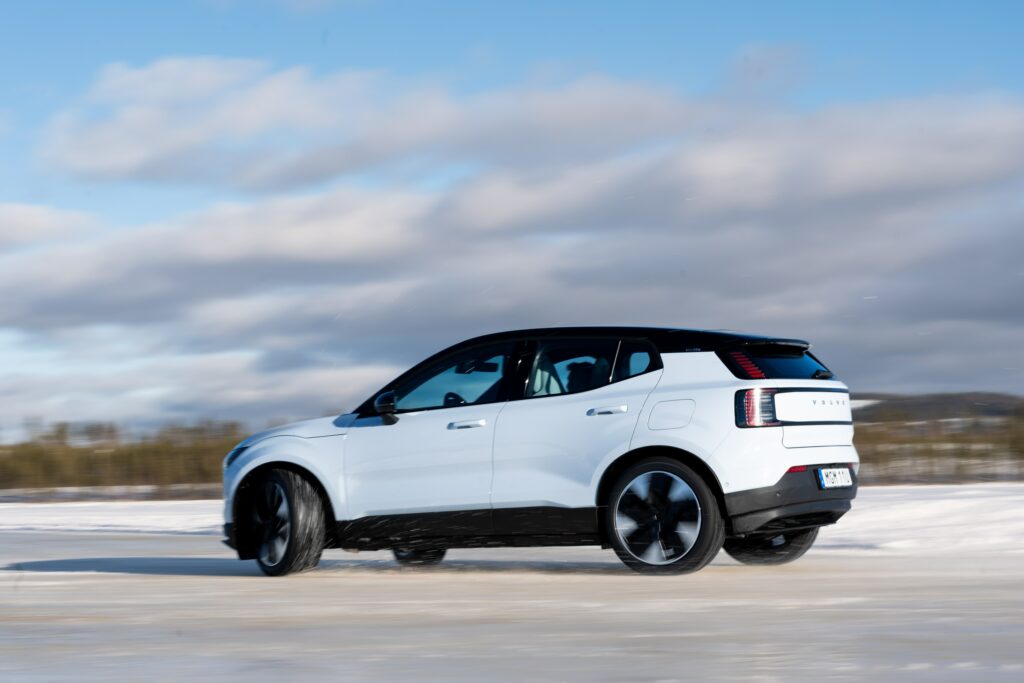
The company plans to produce its EX30 model in Belgium, ensuring it can respond to evolving global trade challenges.
Long-Term Vision Remains Intact
Despite the adjustments, Volvo’s long-term goals remain unchanged. The automaker still aims to achieve net-zero greenhouse gas emissions by 2040 and continues to develop new electric models.
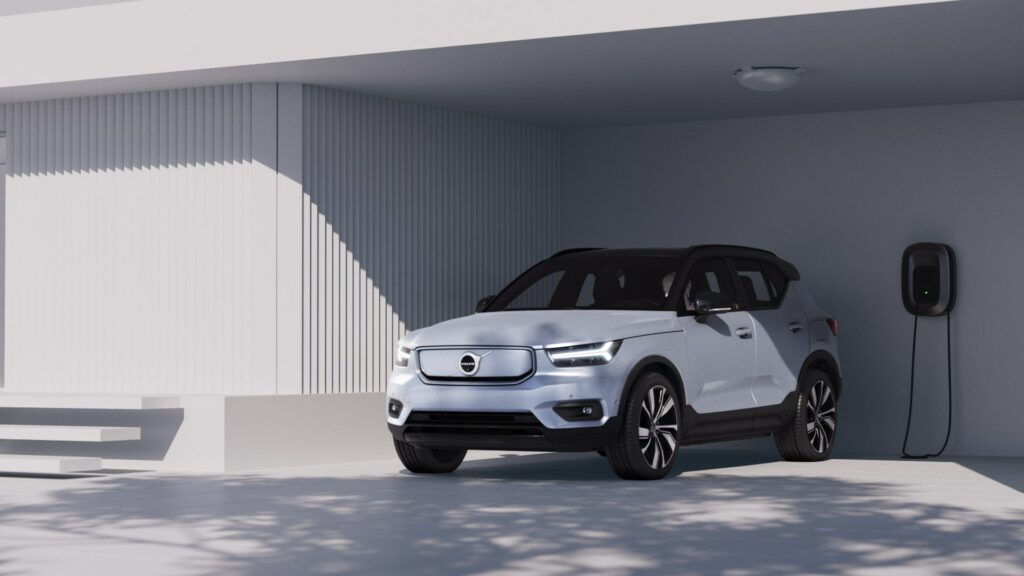
For now, Volvo is adopting a more pragmatic approach, balancing its ambitious vision for an electric future with the current market realities.




